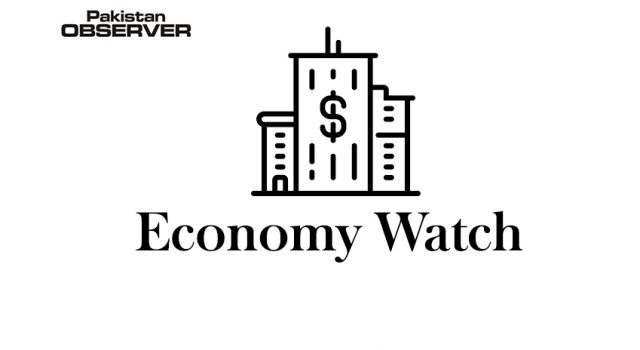Islamabad
After the federal government’s decision to make the sugar inquiry report public, it has been suggested to look into cartelisation in the seed and pesticide sector.
“The government should get rid of the cartelisation in the seed and pesticides sector too after making public the report of the Sugar Forensic Commission in order to break monopolies in the agriculture sector,” suggests Federation of Pakistan Chambers of Commerce and Industry Standing Committee on Agriculture former chairman Ahmad Jawad.
In a statement issued here, Mr Jawad warned the agriculture economy might suffer colossal losses creating food insecurity in the country if the powerful cartels were not broken.
He regretted that substandard seed and pesticides were badly hitting the agriculture sector of which cotton crop was one of the examples.
“For the second consecutive year, cotton growers seem worried as substandard seeds have flooded local markets, particularly in Sindh.”
He claimed that germination rate of the seed was found to be as low as 30 to 40 per cent in southern parts of Sindh where cotton cultivation has started and farmers seem troubled because of non-availability of quality seeds.
Jawad lamented that there was no regulator to check the quality of imported seed and pesticides before allowing shipments to make way to the local the market.
He also criticised the “poor” role of Federal Seed Certification and Registration Department as well as provincial seed corporations, saying there was no one to hold them accountable.
Similarly, the quality of pesticides was on the decline with each passing day, he said, alleging that the insecticides were inviting pest attacks instead of controlling them.
He demanded the Agriculture Pest Warning and Pesticide Quality Control Department devise new standard operating procedures after thorough consultation with the stakeholders to ensure effective monitoring of the quality of pesticides.
He proposed revisiting the Pesticides Act 1992 and Seed Amendment Act 2015 to prescribe penalties for trading in substandard and spurious seed and pesticides as well as ending cartelisation in the agriculture sector through strict enforcement of laws.—INP










